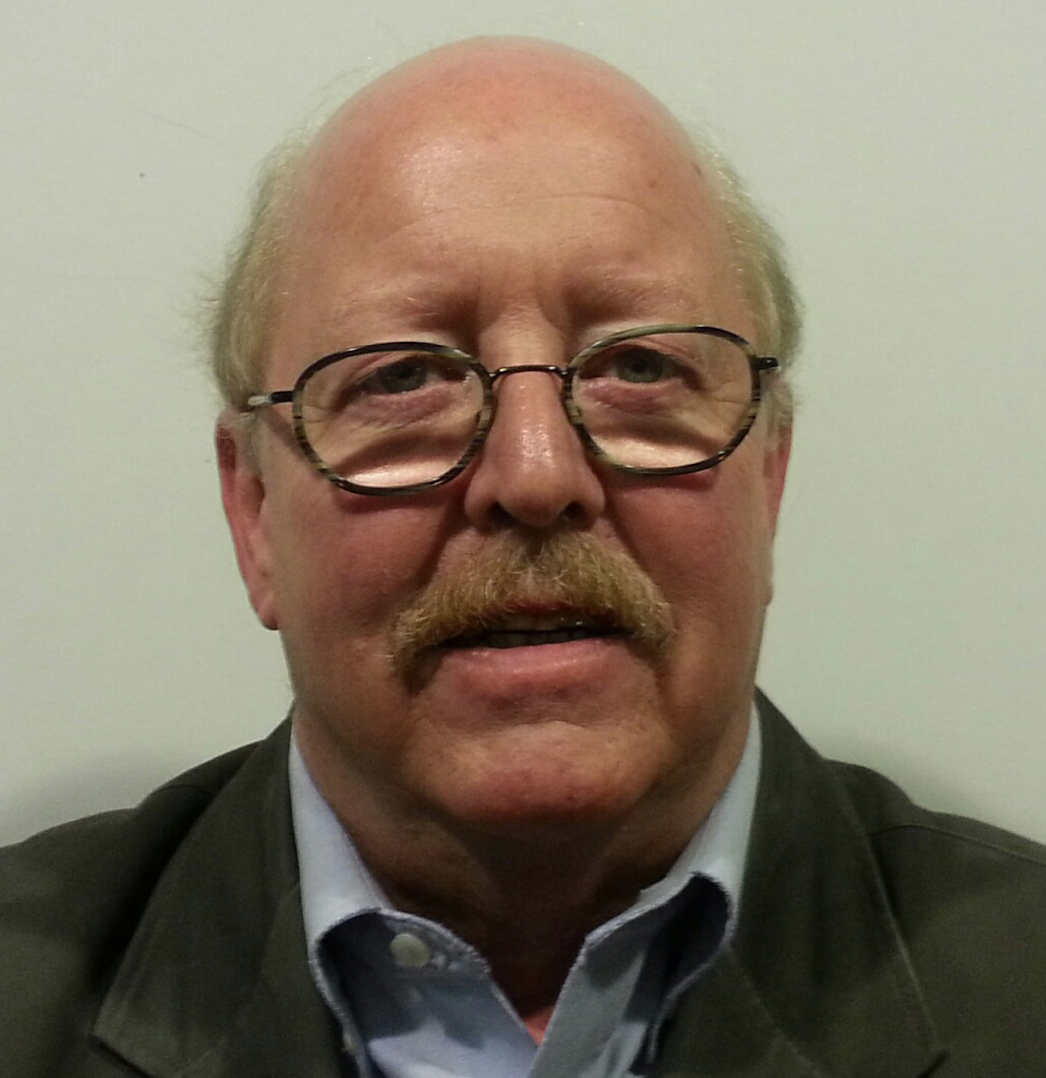
The standard GOP approach is for candidates to present themselves as “hard-right” conservatives on issues, and if they win the primary election, they tend to settle down a bit.
It’s hard-right in the primary, centrist conservative in the general election where the candidate faces a Democrat who virtually is assured to be more moderate—even liberal on occasion—on social issues, schools and the like than the Republican candidate.
Well…this year it looks a little different on the GOP side of the fence.
The top two candidates for the GOP crown are Secretary of State Kris Kobach and Gov. Jeff Colyer, the at-least-for-now most conservatives who have the standard patter down well.
But, then there’s Kansas Insurance Commissioner Ken Selzer. He’s talking all business, efficiency in government, being a “full-time” governor, oh, and conservative. And then there’s former State Sen. Jim Barnett, who is the moderate among the top candidates, talking school funding, expanding Medicaid (KanCare) to allow more Kansans to have health-care coverage—and, incidentally, to likely keep some small rural Kansas hospitals alive.
There are some other GOP candidates who will be on the gubernatorial primary election ballot, Joseph Tutera and Tyler Ruzich, and Patrick Kucera, who are actually doing some campaigning, but basically, well, you hope they have a good time and maybe take photos to show their grandchildren at some point…
Will Republicans take the hint that the primary election isn’t just a scrap between factions of the party but also the selection of the candidate who will also face a Democrat who wants to grow up to be governor?
This might be a test of just what President Donald Trump has done to/for the GOP in Kansas. He’s popular, he carried the state over Democrat Hillary Clinton, but not in all legislative districts. The Trump campaign was the traditional far-right which, surprisingly, he didn’t have to moderate to more centrist issues to win the Electoral College which is where the president is ultimately chosen.
So, what happens in Kansas?
Count on Kobach, if he wins the primary, to not do a lot of back-tracking on his conservative stance on issues ranging from taxes to schools to immigration, and count on Colyer, should he be the nominee, to move just a dab to the center. Selzer? He’s going to talk business—he was the one at a recent debate who instead of promising to eliminate in-state tuition for foreign students noted that while that tuition cost the state about $3 million in lost revenues, it also generated about $10 million in revenues.
And Barnett? He’s continually talked about health care for the state’s poor, for fully funding public K-12 schools, for returning money to the state pension system and taking a look at infrastructure and its effect on the economy.
Just who winds up on the general election ballot from the GOP? And this year, with the effects of Trump’s tariff war just being felt at the grain elevator, and most Kansans not yet seeing the increase in price on imports, just how Trump-linked does a candidate headed for the general election want to be?
Now, there’s the chance that by fall, after the primary, Kansans will start thinking about taxes, about health care, about schools and roads and such, but then again, maybe not…
We might be able to tell after the GOP primary. Maybe…
Syndicated by Hawver News Company LLC of Topeka; Martin Hawver is publisher of Hawver’s Capitol Report—to learn more about this nonpartisan statewide political news service, visit the website at www.hawvernews.com
